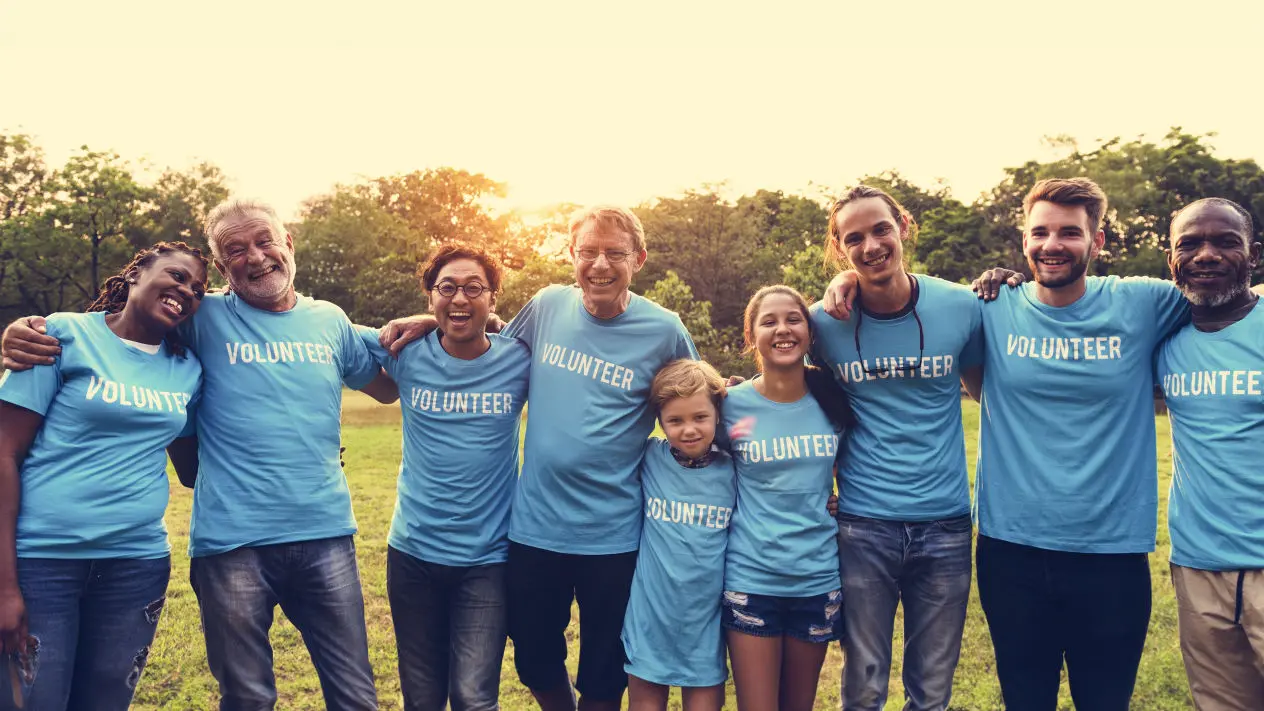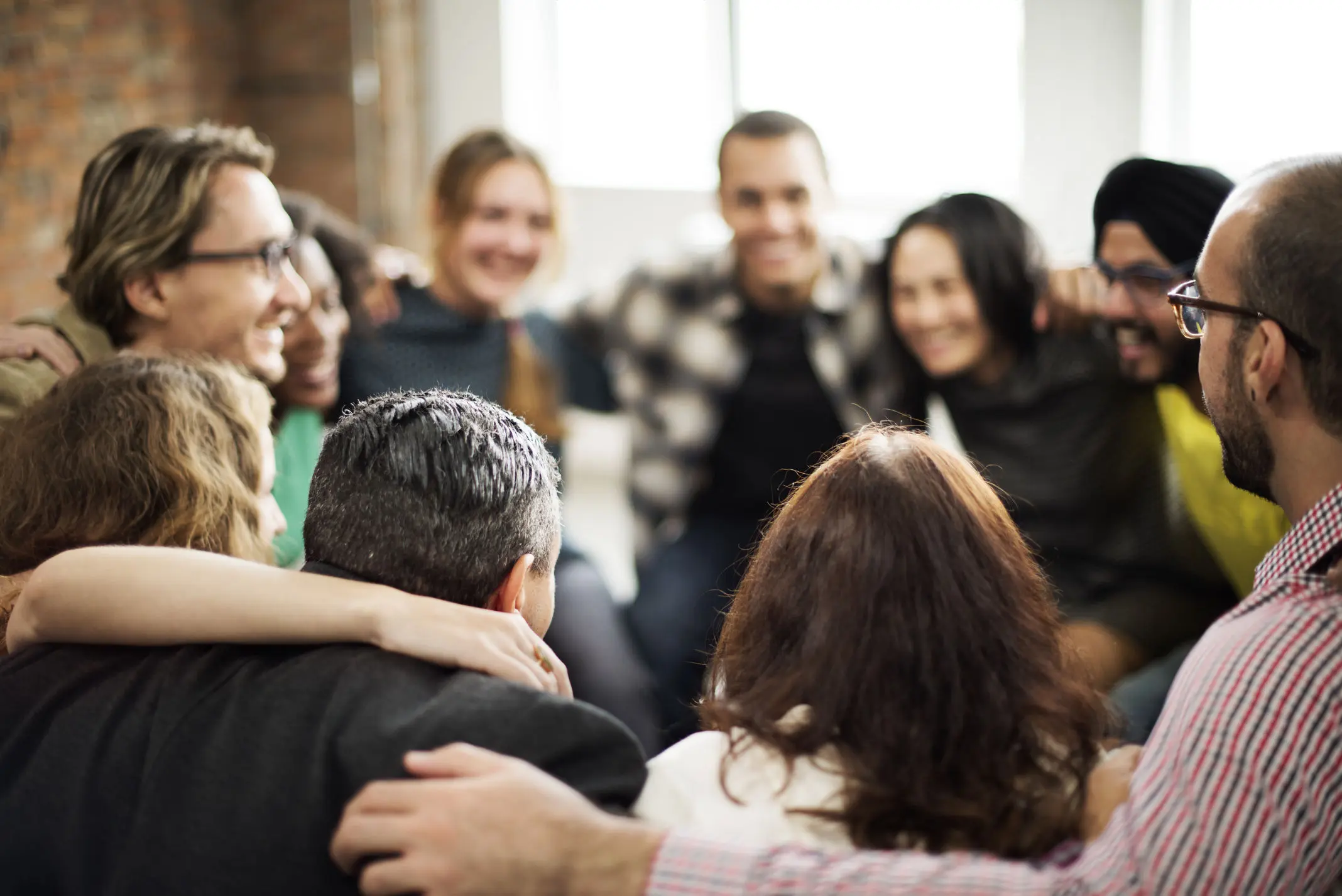

If you're expecting Twin Falls to mirror the art world of New York or Portland, you’ll find it different—but in many ways, more genuine. The city offers authentic, participatory culture where residents create, perform, and celebrate together. Here, the arts are not elite performance—they’re a living expression of community connection.
Twin Falls’ cultural life reflects its Western character and community spirit. Events are inclusive, family-friendly, and rooted in participation rather than prestige. From art shows to music festivals, locals take part not as spectators but as contributors, fostering shared identity through creativity and celebration.
The College of Southern Idaho (CSI) serves as the cultural heart of the region, providing theater, music, art, and intellectual programming far beyond what most cities of this size offer. Affordable and accessible, CSI’s Fine Arts Center brings professional-quality productions to the community.
The Twin Falls Cultural Center offers touring Broadway productions, live music, comedy shows, and community performances. Its intimate venue size ensures close connection between performers and audiences—a refreshing contrast to massive urban venues.
Local visual arts thrive in accessible galleries and community spaces. The Magic Valley Arts Council coordinates exhibitions, public art, and educational programming that emphasize creativity over exclusivity.
Twin Falls celebrates its Western roots and agricultural heritage with authenticity. Events like Western Days and the county fair embody living traditions that connect generations and celebrate local history.
Twin Falls’ growing immigrant and refugee communities contribute to a rich tapestry of cultural events that celebrate heritage through food, music, and art—creating authentic multicultural exchange rather than performative diversity.
Live music is a cornerstone of community gatherings in Twin Falls. From summer concerts in the park to local performances in breweries and restaurants, music is accessible and alive throughout the city.
The Twin Falls Public Library anchors the city’s literary and intellectual life, offering author events, book clubs, and educational workshops. It’s a place where curiosity thrives and community learning continues across all ages.
Food in Twin Falls is more than sustenance—it’s cultural connection. The farmers market, ethnic restaurants, and food festivals celebrate local agriculture and global flavors alike.
Community theater, dance, and music education embody the participatory heart of Twin Falls’ cultural life. Families and individuals engage directly with the arts, creating and performing rather than simply observing.
Twin Falls’ arts and heritage don’t imitate big-city sophistication—they offer something deeper: connection, belonging, and shared creativity. You’ll attend events with neighbors, celebrate local talent, and see your community reflected in its art. Here, culture isn’t consumed—it’s lived.


Whatever your faith journey—devout, questioning, or secular—Twin Falls offers an inclusive spiritual landscape where belief, tradition, and community coexist respectfully. Religion here is sincere but not overbearing, woven into daily life without dominating it. You’ll find congregations that welcome newcomers, celebrate diversity, and foster connection through shared values of compassion, service, and belonging.
Twin Falls reflects Western religious heritage shaped by pioneer history, immigration, and contemporary diversity. The region’s largest faith group is The Church of Jesus Christ of Latter-day Saints (LDS), but Catholic, Protestant, Muslim, Buddhist, Hindu, and non-religious communities all thrive here. The result is a balanced environment where religion has cultural presence without exclusionary dominance.
St. Edward the Confessor Catholic Church anchors Twin Falls’ Catholic community. The parish offers vibrant, bilingual worship and an active schedule of liturgy, education, and service. The congregation unites established families with growing Hispanic communities, creating a warm, multicultural parish environment.
The LDS Church maintains a prominent presence with multiple wards and stakes across the Magic Valley. Congregations are geographically organized, and members enjoy strong family-oriented networks and community support. For LDS physicians, this means instant connection and full access to established programs. For non-LDS residents, understanding LDS influence helps appreciate the region’s communal and service-oriented culture.
Twin Falls supports vibrant evangelical and non-denominational congregations featuring contemporary worship, accessible teaching, and strong community engagement. Canyon Ridge Church stands out as one of the largest, offering multiple services, music-led worship, and diverse ministries for children and adults alike.
Traditional Protestant denominations provide liturgical stability and theological depth. These smaller, welcoming congregations offer structured worship, social engagement, and pastoral connection.
Baptist churches represent a spectrum from traditional Southern Baptist to independent Baptist congregations, emphasizing biblical teaching and local governance. Other Christian traditions—including Church of Christ, Nazarene, and Assemblies of God—provide even greater denominational diversity for residents seeking specific theological or worship preferences.
Twin Falls’ Muslim community includes refugees, immigrants, and professionals from diverse backgrounds. While the city lacks a dedicated mosque, gatherings occur regularly for prayer and fellowship, and regional mosques in Boise serve larger community events.
Twin Falls has a small Jewish population without a local synagogue, though families connect with Boise’s Reform and Conservative congregations for holidays and major events. Many Jewish residents observe traditions privately or through regional gatherings.
Small but growing Buddhist and Hindu communities have taken root, particularly through refugee and professional populations. Most gatherings occur in private homes or rented spaces, fostering close-knit spiritual fellowship.
Twin Falls maintains a culture of mutual respect and interfaith understanding. While Christianity shapes local customs, residents of all beliefs participate equally in civic and professional life. Schools, employers, and hospitals accommodate religious observance with understanding and fairness.
For those who are non-religious, agnostic, or atheist, Twin Falls offers space to live authentically without exclusion. While the community leans broadly Christian, secular residents participate freely in civic life, outdoor recreation, and social organizations.
Nearly all faith communities in Twin Falls welcome newcomers warmly. For relocating physicians and families, these communities can provide instant support networks—both social and practical. Whether or not you pursue regular worship, visiting a congregation aligned with your values can ease transition and foster belonging.
In Twin Falls, faith—whether deeply practiced, quietly held, or respectfully declined—fits comfortably within the broader civic fabric. You’ll find that shared values of compassion, honesty, and service transcend theology. It’s a community where belief and belonging intersect naturally, and where every resident can pursue meaning in their own authentic way.
